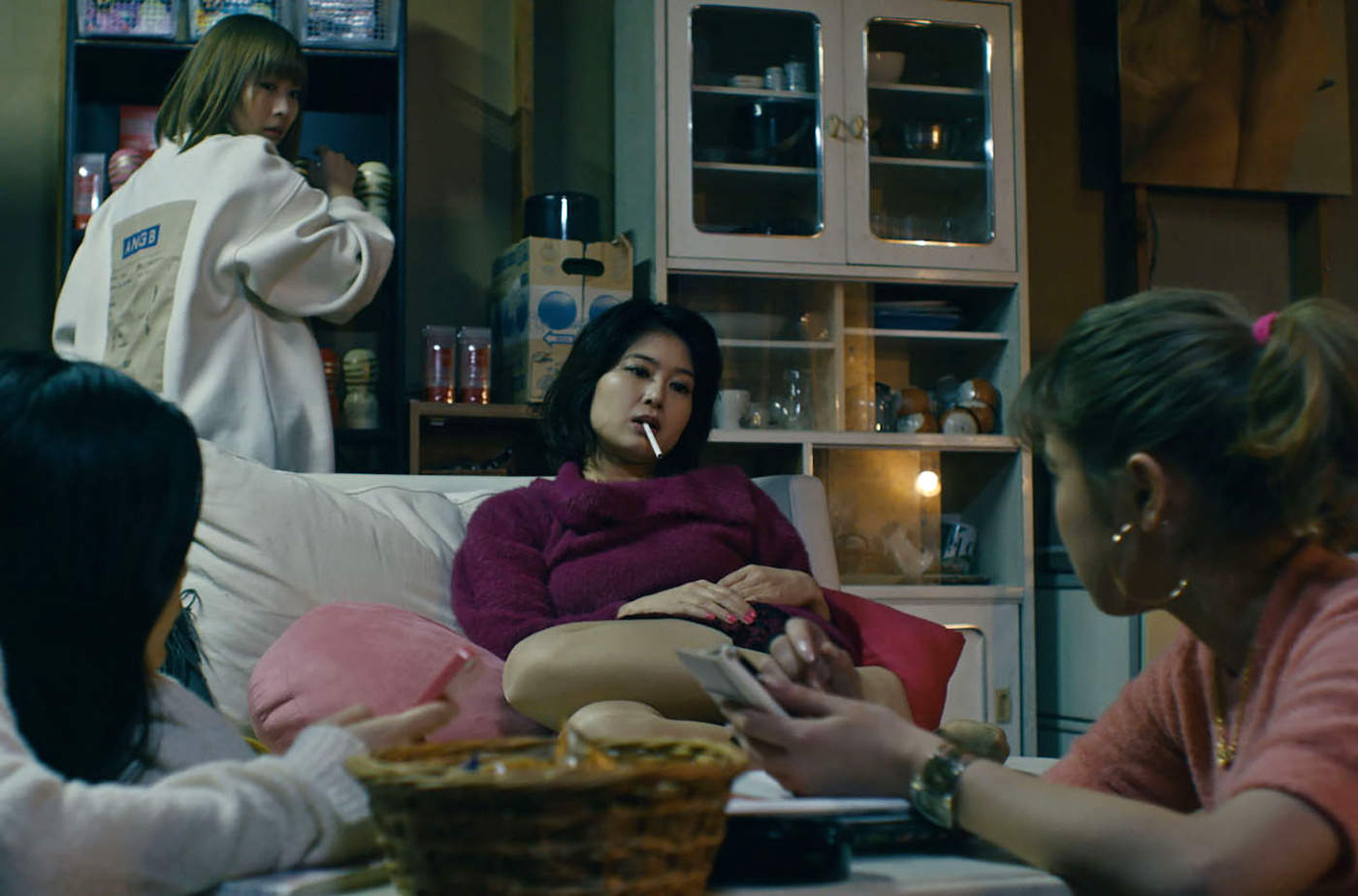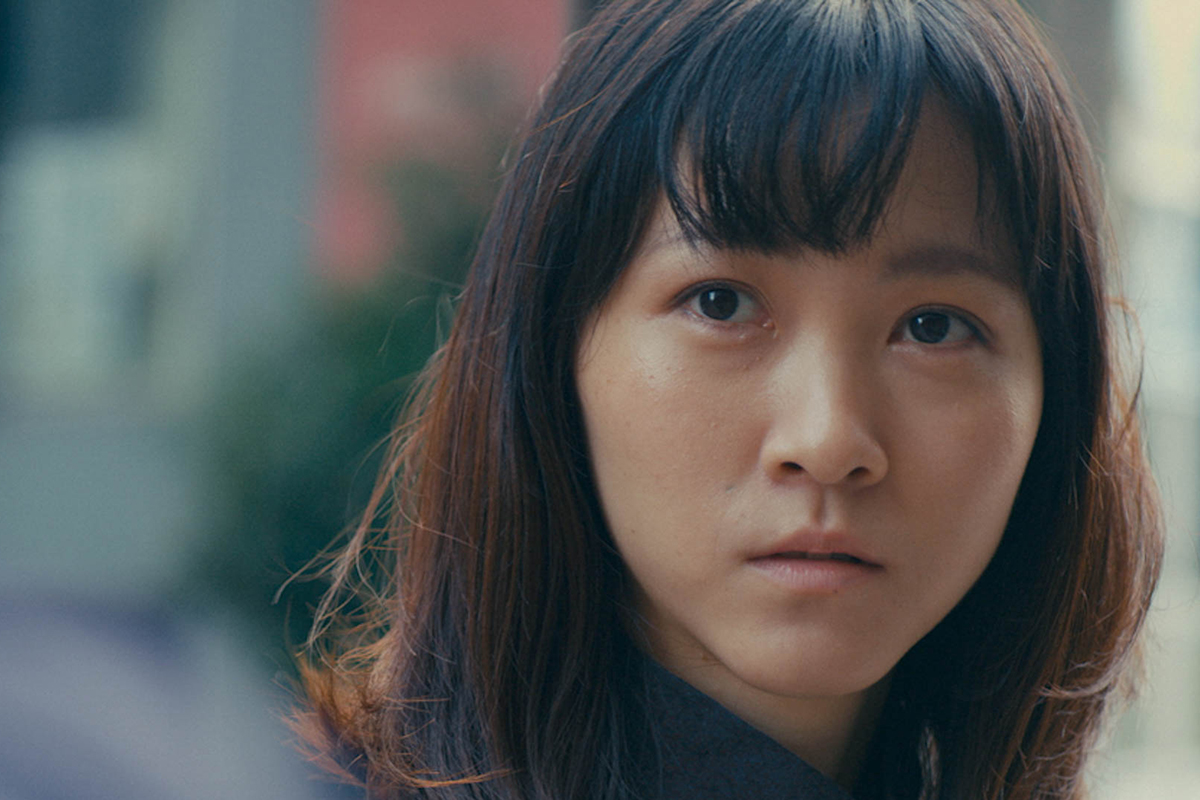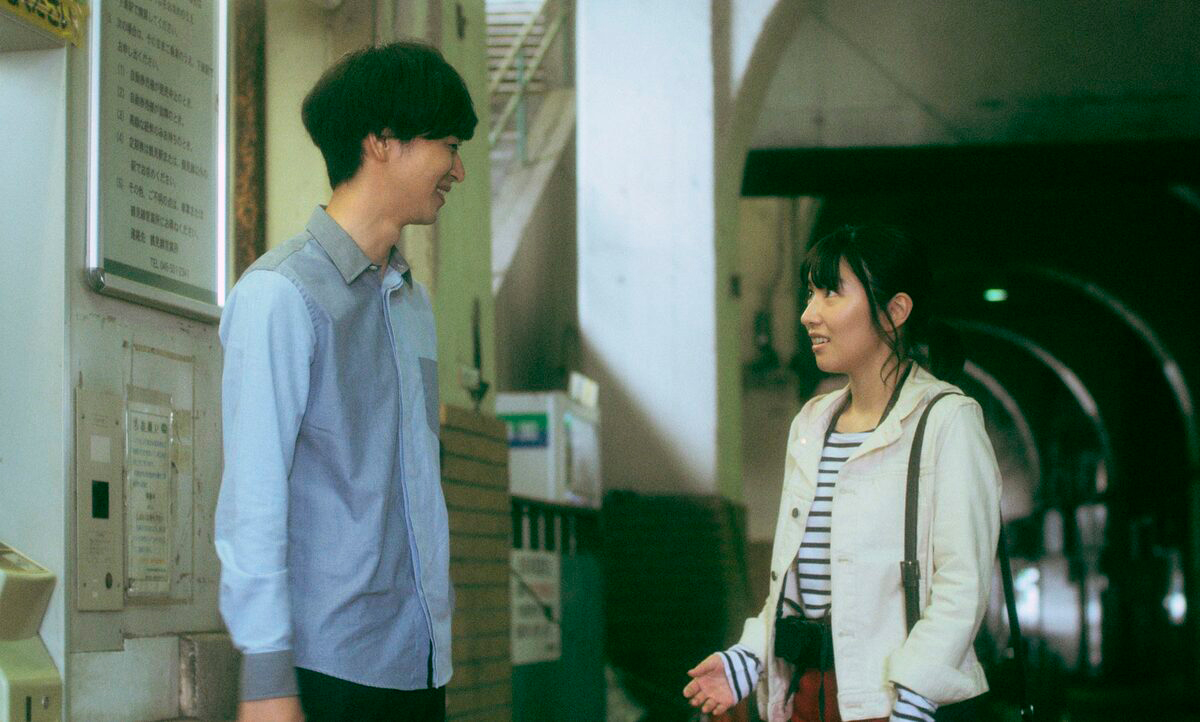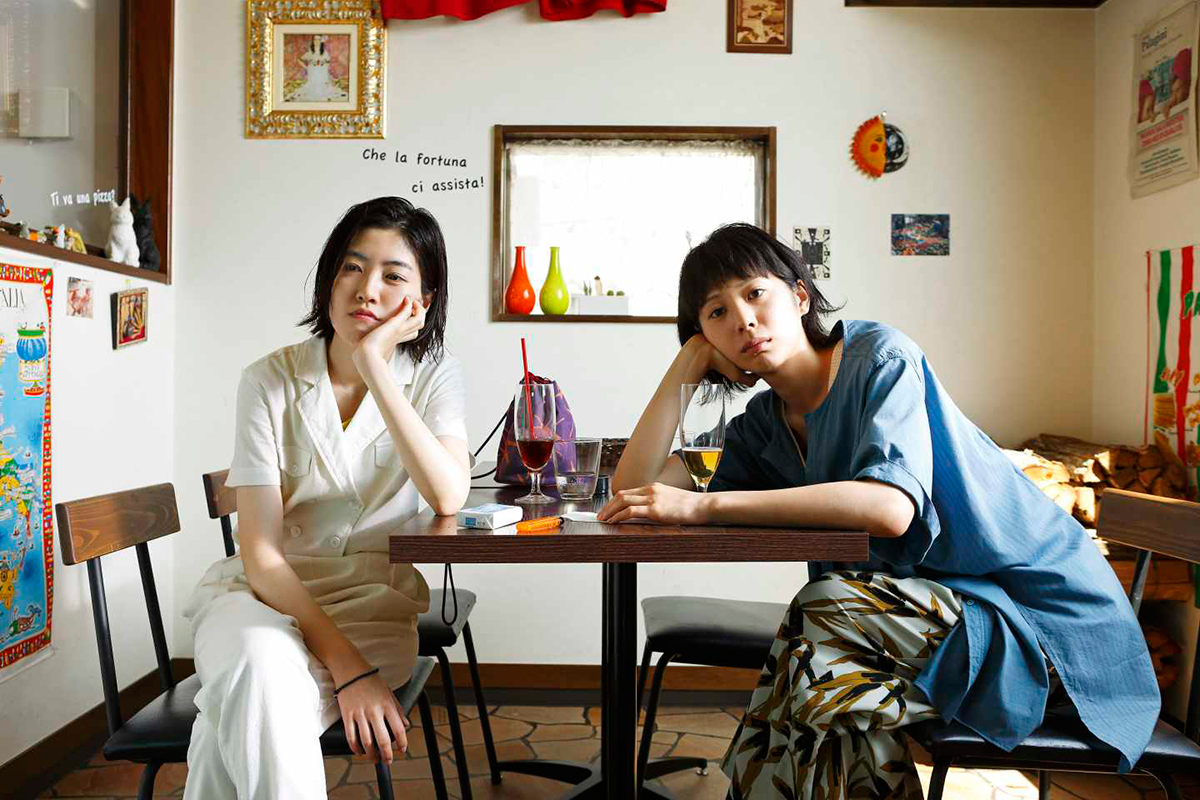Life: Untitled
On the fourth floor of an anonymous building, the lives of female escorts intersect as they wait for calls from their customers. Kano (Sairi Ito) has just joined the group. Quickly disillusioned, she nonetheless sticks around as an employee, managing bookings, cleaning up, and bearing witness to the lives of her coworkers. An eclectic group of women gravitate around the place, their lives “yet to be titled”, yet full of unspoken dreams, desires, heartbreaks and rivalries – all repressed in the face of the everyday misogyny inherent to the trade, and to Japanese society. (Fantasia Film Festival) There are more than a few reviews of Yamada Kana’s debut feature which reference the legendary filmmaker Mizoguchi Kenji in comparing how it differs from the “tradition” of brothel-set movies in Japanese cinema, specifically in how it portrays sex workers with dignity despite their lower social status and stigma of their profession. Other genres have served up the hooker, the call girl, etc. for more exploitive purposes. As Japan Cuts writes: “Portraying an industry frequently exploited in Japanese media …






